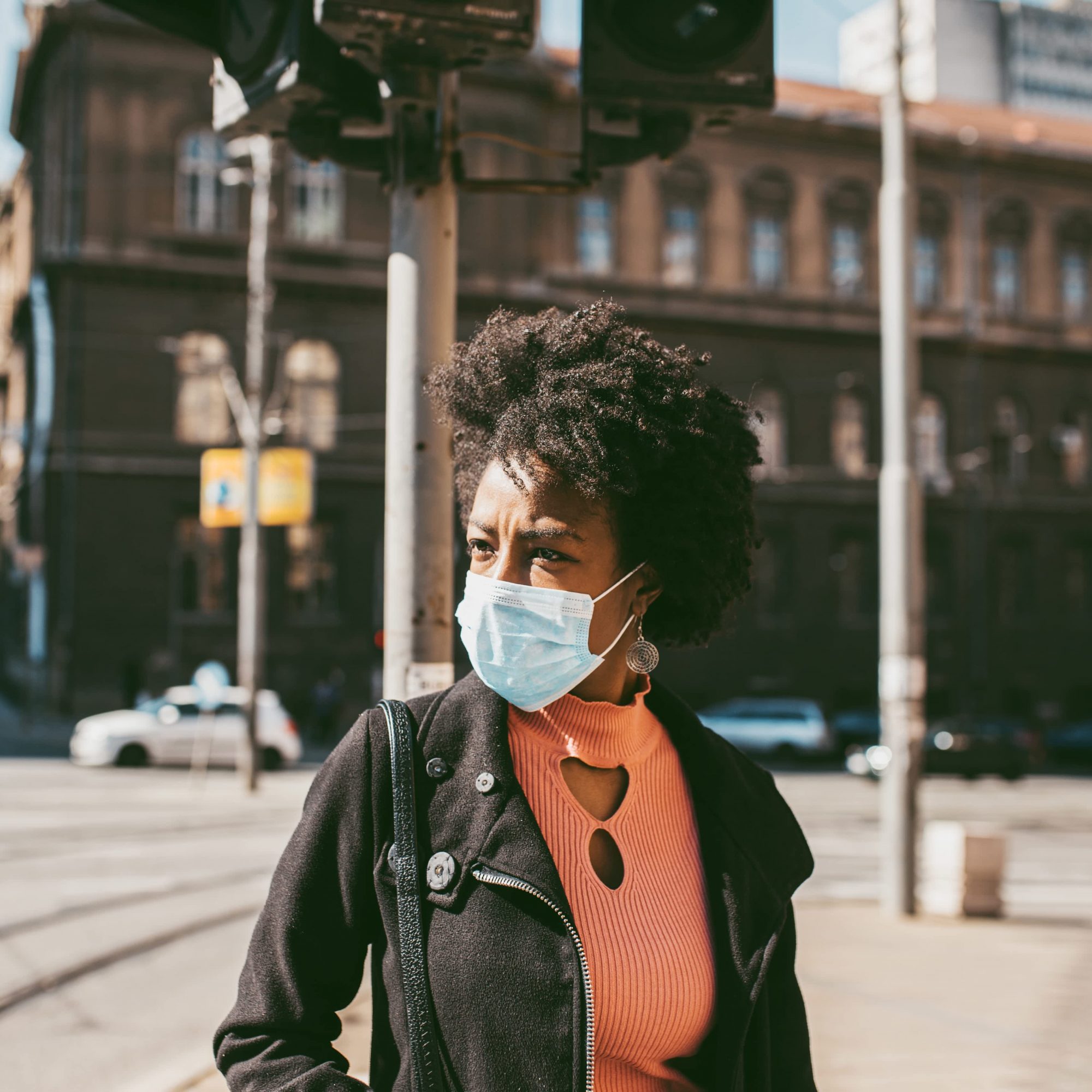
- POPSUGAR Australia
- Fitness
- Experts Explain Why You Should Continue to Take Precautions, Even If You've Had COVID-19
Experts Explain Why You Should Continue to Take Precautions, Even If You've Had COVID-19

As thousands of Americans recover from COVID-19 – and experts warn that there could be a second wave of the novel coronavirus later this year – one big question remains: do those who have been infected have immunity, or is it possible that they could get COVID-19 again?
The answer isn’t clear. According to the Centers for Disease Control and Prevention, the immune response to COVID-19 “is not yet understood.” Meaning, researchers are still trying to determine whether those who have been exposed develop immunity to the virus and, if so, how long it lasts. Drawing comparisons to a previous outbreak, the CDC explains that “patients with MERS-CoV are unlikely to be reinfected shortly after they recover, but it is not yet known whether similar immune protection will be observed for patients with COVID-19.”
The World Health Organization takes it one step further, noting that there’s currently no evidence that even those who have confirmed antibodies will be protected from a second infection.
Related: Here’s What You Can Use as a Filter in Your Face Mask, According to a Doctor
But while you shouldn’t be lulled into a false sense of security, you also shouldn’t panic over headlines suggesting that some COVID-19 patients have tested positive after they recovered. “There are reports of people testing positive twice, even weeks apart,” Natasha Bhuyan, MD, physician and regional director at One Medical, told POPSUGAR. “However, experts don’t think these individuals were reinfected. Instead, it’s possible that viral particles remained in their system. These viral particles are suspected to be ‘inactive,’ meaning the people were not contagious at that point.”
In a recent interview with BBC, WHO’s technical lead Maria Van Kerkhove, MD, similarly called these tests “false positives.” Still, as Dr. Bhuyan went on to explain, “very little is known about individual immunity against COVID-19,” including whether any possible protection would last weeks, months, or years.
Another question that remains unanswered? “We don’t know if immunity to infection means [people] cannot transmit this infection to others,” David Cutler, MD, a family medicine physician at Providence Saint John’s Health Center in Santa Monica, CA, told POPSUGAR. In other words, by not taking the necessary precautions, you could unknowingly put others at risk. “Repeated susceptibility to COVID-19 is just one of many areas of uncertainty regarding the novel coronavirus which causes this disease,” he said.
Until experts know more or we develop a vaccine that can help us safely achieve herd immunity, continue to follow CDC guidelines by practicing social distancing, wearing a cloth mask in public, washing your hands, and cleaning surfaces frequently.
POPSUGAR aims to give you the most accurate and up-to-date information about the coronavirus, but details and recommendations about this pandemic may have changed since publication. For the latest information on COVID-19, please check out resources from the WHO, CDC, and local public health departments.

